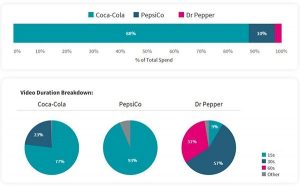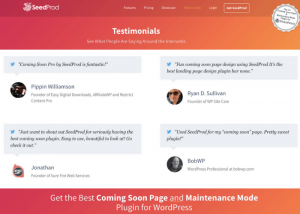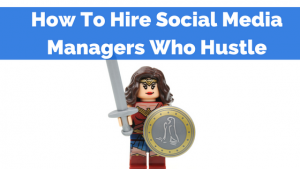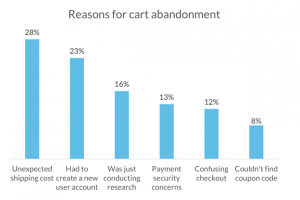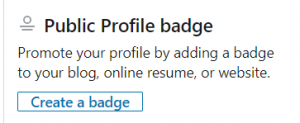I remember when I first adopted social media marketing as a way to promote my business. It was January 2009—just over 5 years ago so the memory is fairly clear. At the time, I knew intuitively that social media would be useful, but I didn’t have a good handle on my goals.
So I recruited a social media pro to help. Not surprisingly, one of the first questions she asked me is what did I want to accomplish?
“I don’t know,” I responded with more than a hint of frustration. “What can social media marketing actually DO?”
It wasn’t until I immersed myself in social, and the content creation that goes along with it, that I truly began to understand its potential. The experience of connecting to people online, learning from them, helping them and even developing offline relationships is something no blog post or book can fully convey.
If you’re still finding your way in social media marketing, trying to understand how it can—and cannot—help your business, read on. I’ve been thinking for some time about sharing the insights I’ve gained through working on my own business and for clients.
Build relationships with key influencers
The first social media platform I experimented on was Twitter. I began using it to build relationships with other professionals in marketing and public relations. This approach quickly proved to be an effective way for me to learn how my peers were using social media and to compare notes with them on common challenges.
For any business, social media can serve a similar purpose.
For starters, it’s a powerful tool for getting to know the important influencers in your niche. Once you identify them, you can follow them, engage with them and, ultimately, implement strategies to build deeper relationships with them.
While the percentage of the population on Twitter is relatively small, the active users frequently wield significant influence elsewhere.
For example, many thought-leading journalists and bloggers use Twitter (and other social platforms) to promote their latest published writing. To forge relationships with them, follow their social media activity and make thoughtful, relevant contributions to the discussions they participate in or initiate.
Social media is a way to establish and build new business relationships, but it’s not a substitute for actually getting together with people. You still need to meet people one on one, participate in networking events and attend industry conferences.
Early warning signs of an issue
You may already know what people are saying about your business. Perhaps your call center is responding to negative inquiries. Or maybe your sales force is having a problem closing deals.
Monitoring social media can help you understand the source of the problem. Google Alerts will track mentions of your product on the web and on blogs. Social media dashboards, including HootSuite, allow you to track mentions of your brand on Twitter.
More sophisticated monitoring tools, such as Sysomos, cost more but are often worthwhile if your business is prone to customer complaints that surface in forums and other online spaces.
If your monitoring efforts reveal a social media discussion that’s negative towards your brand, you have an opportunity to do damage control and even turn the discussion positive.
However, keep in mind you can’t control the conversation. You can only participate.
Start by listening because, as in real life, listening on social media is even more important than talking. Then present your point of view in a thoughtful and respectful way. This simple approach can go a long way to resolving problems before they escalate into serious issues.
Drive awareness of your product or service
Social media marketing sometimes contributes directly to sales. However, unless you’re using marketing software that tracks the source of your online leads, it’s extremely difficult to draw a direct line between a social media post and a sale.
For consumer marketers that sell products through traditional retail channels, drawing the connection with the bottom line is even more difficult.
For this reason, it can be more useful to employ social media marketing as a top-of-the-funnel tool for building brand awareness. Don’t panic when your newly launched social media campaign doesn’t generate an immediate bump in sales.
Instead, develop metrics that measure other things that matter to your business and that social readily delivers, such as customer engagement and satisfaction levels.
There are plenty of ways social media marketing can help your business. You just need to get started, learn everything you can from your experiences and apply a little imagination. The real issue is can you afford not to participate in social media? That’s a question only you can answer.
Digital & Social Articles on Business 2 Community
(270)
Report Post